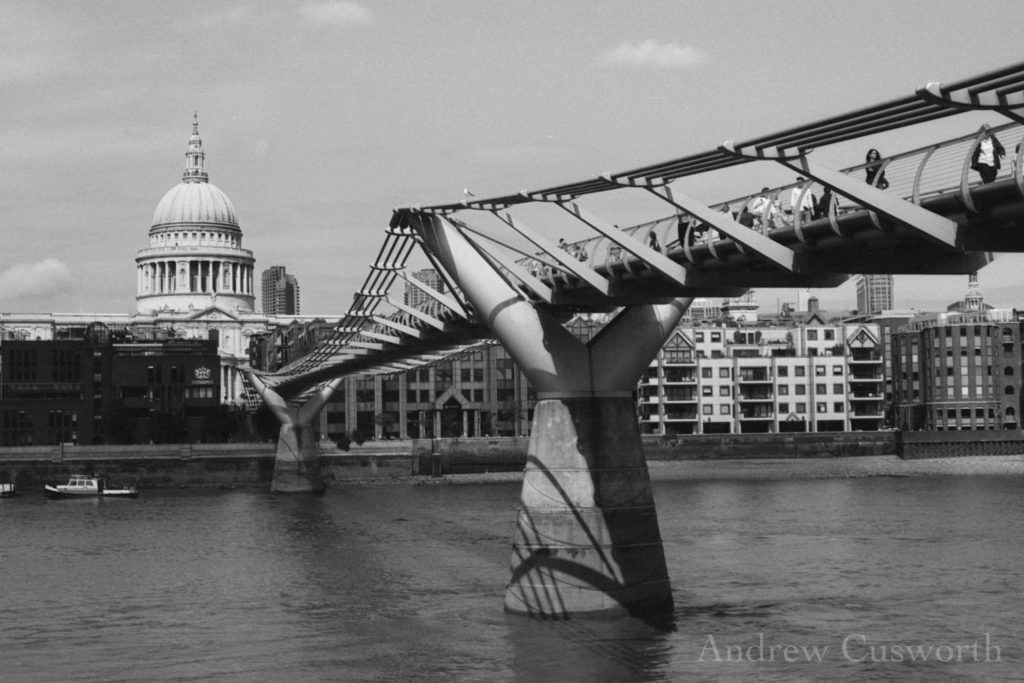It is strange to reflect that it has now been two years since the first lockdown measures were introduced by the UK government. Strange too is the sense that so much of the last two years has happened outside of normal time, in some other existence. As current events, all too harsh and disconcerting, seize the discourse of the moment, the fracture from the recent past seems all the greater. That time and all that preceded it seem a very foreign country indeed: their chronology has slipped and twisted, even as their threads have unwound.
As time goes, it has been both productive and immobile, time-escaping and ageing.
In 2020, a member of Calmus Ensemble contacted me to ask if I would be willing to write a short piece for their Mozaik project – a musical postcard from the age of the coronavirus. What emerged was ‘all our numbered lives’, a short, anger-inspired requiem for the lives lost to a disease that – had humans been able to acknowledge mistakes, to collaborate, to co-operate, to look beyond the day-to-day scraping by of business and economy and political chicanery and national (or personal) pride and playing the game – could have been entirely stopped.
For all the lessons we, our leaders, could have learned, about the value of compassion and care in human affairs, there is anger still at the failure to do so: national (and personal) pride stand us on the edge of total war; politically motivated parsimony will cast millions into unwarranted poverty; and, the four horsemen will continue to stalk amongst us for the sake of those who would be our leaders’ desire to win whatever games they deem important. Games in which people’s lives are tokens, numbered and counted and drawn into forecasts, charts, infographics, arbitrary borders, and imagined communities; games in which humans are weighed without humanity.
And so, here still, and still more relevant than I could ever have imagined, ‘all our numbered lives’.

